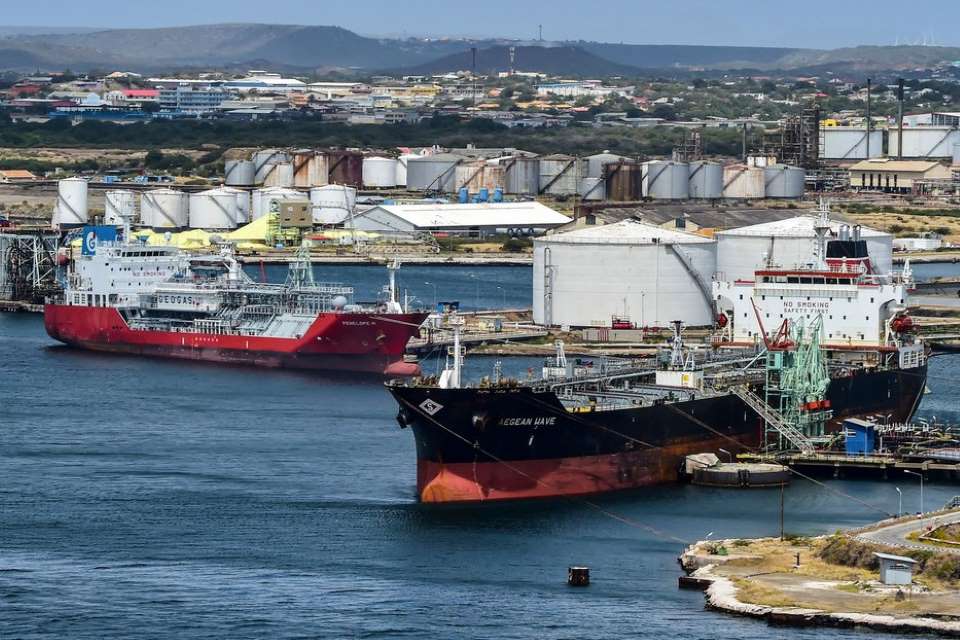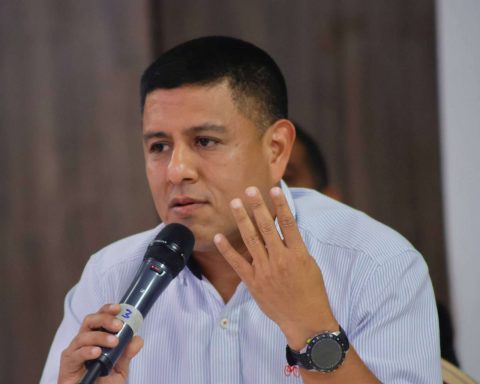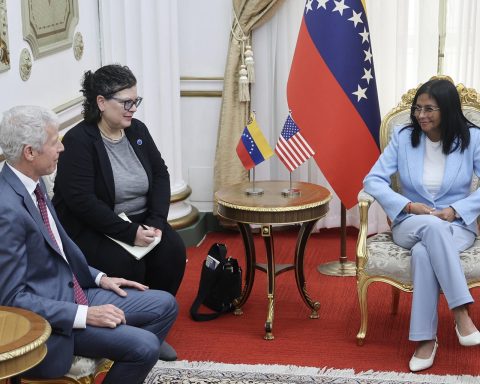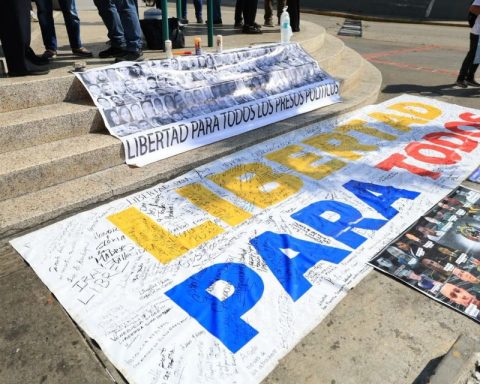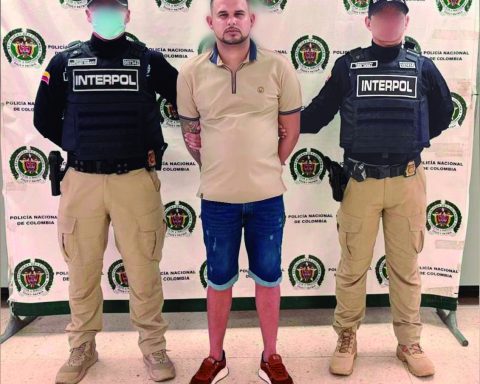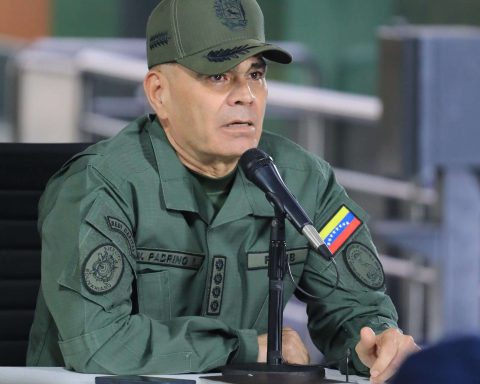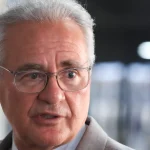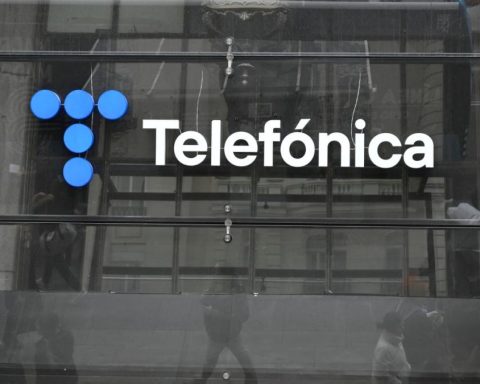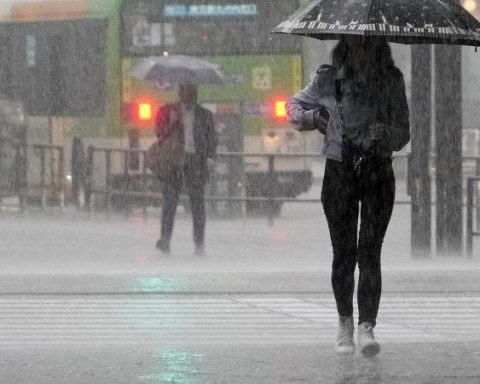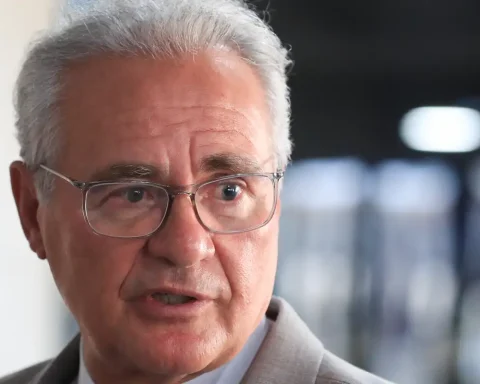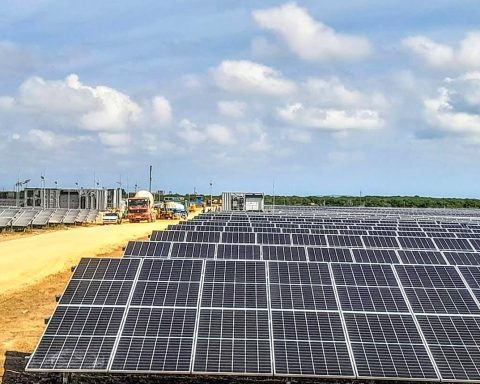The sanctions evasion effort focuses on a dormant refinery and adjacent oil terminal on the Dutch Caribbean island of Curaçao, which until 2019 was a major shipping hub for state oil company PDVSA.
A company with an office in Houston and another owned by two US citizens is helping Venezuela circumvent US sanctions and quietly transport millions of petroleum products aboard an Iranian-built tanker, it has learned. Associated Press.
The sanctions evasion effort is focused on a dormant refinery and adjacent oil terminal on the Dutch Caribbean island of Curacao, which until 2019 was a major shipping hub for state oil company PDVSA.
On September 28, the Togolese-flagged tanker Colon unloaded 600,000 barrels of fuel oil at the Bullenbaai terminal, which is operated by the state-owned refining company of Curaçao in partnership with a start-up, Caribbean Petroleum Refinery, owned by two Venezuelan Americans with dual nationality.
The state oil company issued a press release celebrating the arrival of the Colón as a “historic moment”, saying it was the first delivery of the reactivated terminal, which is capable of storing up to 7 million barrels of oil products.
The unnoticed shipment of oil would appear to violate the spirit, if not strictly the law, of US sanctions on Venezuela that since 2019 have aimed, unsuccessfully, at ousting President Nicolás Maduro, held PA.
With Maduro’s socialist government shunned as a financial pariah in the West, Pdvsa has had to resort to increasingly complex transactions to move oil produced from the OPEC nation’s enormous oil reserves, the largest in the world.
But until now, many of those transactions involved heavily discounted cryptocurrency payments by Russian oligarchs, shell companies in places like Hong Kong and “ghost tankers” turning off their mandatory transponders to avoid detection by US authorities.
By contrast, Curaçao, whose foreign relations are handled by the Netherlands, a staunch US ally, has strictly adhered to US government sanctions, even once confiscating PDVSA’s unsold inventories after the contract expired. refinery lease in 2019 to pay US oil companies defrauded by Venezuela.
“They are circumventing the sanctions because they know that under this administration there are no consequences,” Billingslea said.
The US Treasury Department, which enforces the sanctions, did not respond to an email requesting comment.
Americans and US entities are prohibited from doing business with the Venezuelan state oil company. That prohibition becomes more difficult to comply with, however, the more times a shipment of oil changes hands and is mixed with other shipments, it obscures PDVSA’s role as the ultimate beneficiary of any international sale.
Internal PDVSA documents show that the cargo carried by the Colón was sold in September by the Venezuelan oil company to United Petroleo Corp. Little is known about United, which registered in Panama last year. But it has become PDVSA’s second largest customer this year, with unpaid invoices for oil products sold on consignment for more than $400 million, according to the documents, which someone with knowledge of the transaction shared with the PA provided the person remains anonymous.
PDVSA did not respond to an email requesting comment.
*Read also: Ferrominera del Orinoco workers ask Inpsasel to investigate work accidents
The Colon cargo was offloaded at a storage facility owned by the Curaçao state refinery in association with the Caribbean Petroleum Refinery.
Caribbean Petroleum Refinery was registered in Curaçao only in June and counts Venezuelan-American businessman Raúl Herrera among its directors. A related holding company bearing a similar name is listed as its director, Luis Giusti, another dual national who was PDVSA’s chief executive when Maduro’s predecessor, Hugo Chávez, was elected in 1998.
Asked if the shipment originated in Venezuela, Patrick Newton, director of the state-run Curacao refinery, said his company is fully compliant with US sanctions and its contracts require its customers to adhere to the same laws.
Meanwhile, Herrera said his company’s involvement in the transaction was limited to providing storage to the owner of the cargo, which he identified as Knob Trading SA, a Panama-registered company that lists a Houston office on its website.
“We are not trading Venezuelan products,” said Herrera, who is also president of a South Florida loan consulting firm. “We are not the owners or sellers of this cargo.”
Giusti did not respond to text messages or an email seeking comment. Knob Trading did not respond to repeated emails seeking comment and a person who responded to the phone number listed on its website hung up when PA contacted her.
It is unknown where the crude went after it arrived in Curaçao.
However, a month later, traders cautiously tried to unload the cargo, marketing it for re-export as 1 million barrels of “Bullenbaai Fuel Oil”, possibly a mix of different grades as Curaçao does not produce oil. That’s according to an October 29 certificate of origin purportedly issued by the Caribbean Petroleum Refinery. A copy of the certificate was provided to the PA by an oil trader who had been offered the cargo by a broker working with Knob. He spoke on condition of anonymity for fear of being identified with a transaction in violation of US sanctions.
The certificate was allegedly prepared by Frank Verhoets, who is identified as the managing director of the Caribbean Petroleum Refinery. However, Herrera said that no one with that name works at the company and described the document, in which Knob’s name is crossed out, as a clear fraud.
“Unfortunately, in the industry there are a lot of fakes and misleading information,” he said.
Post Views: 632
